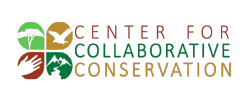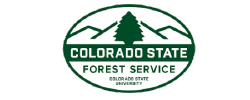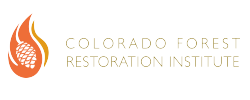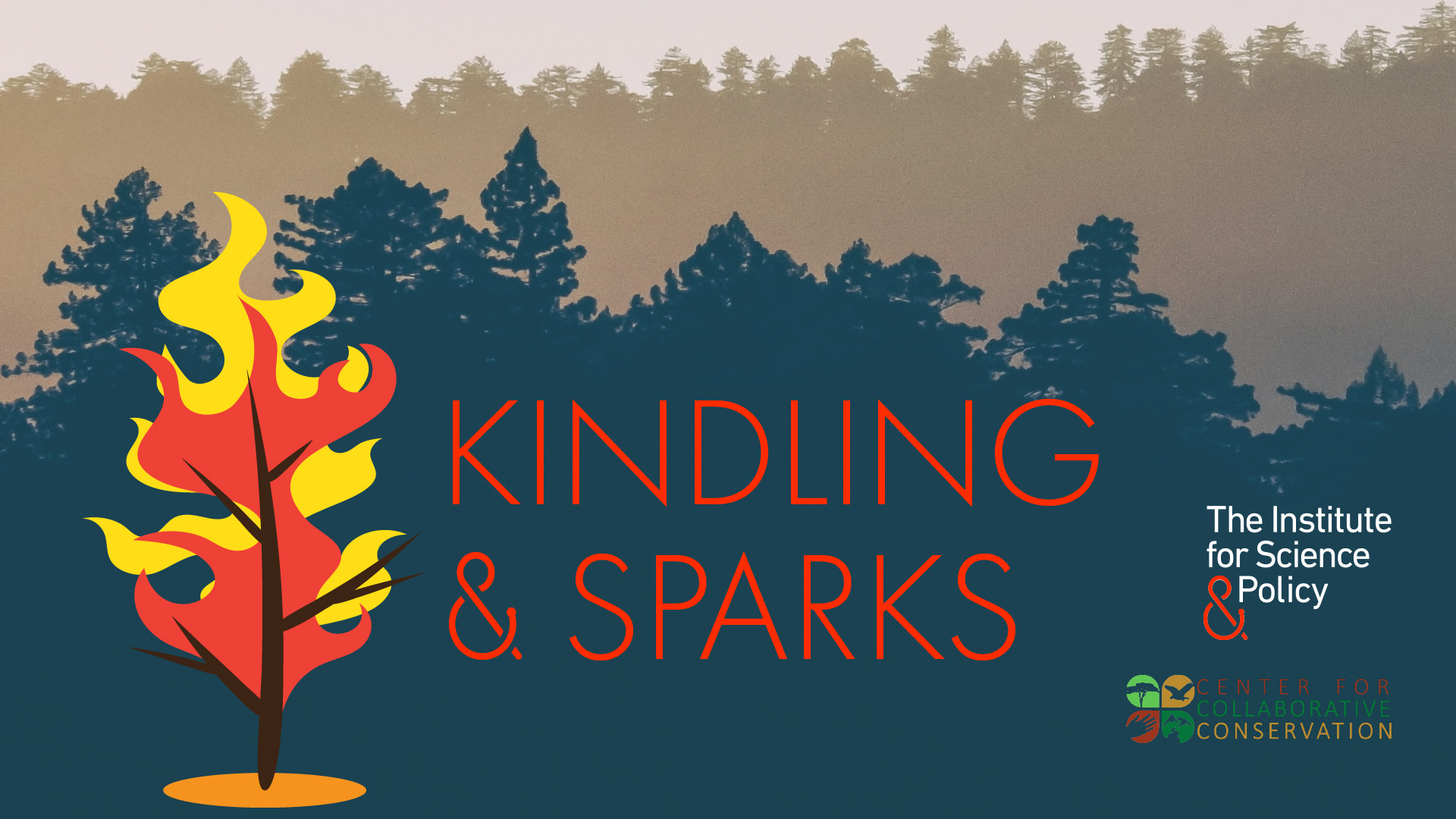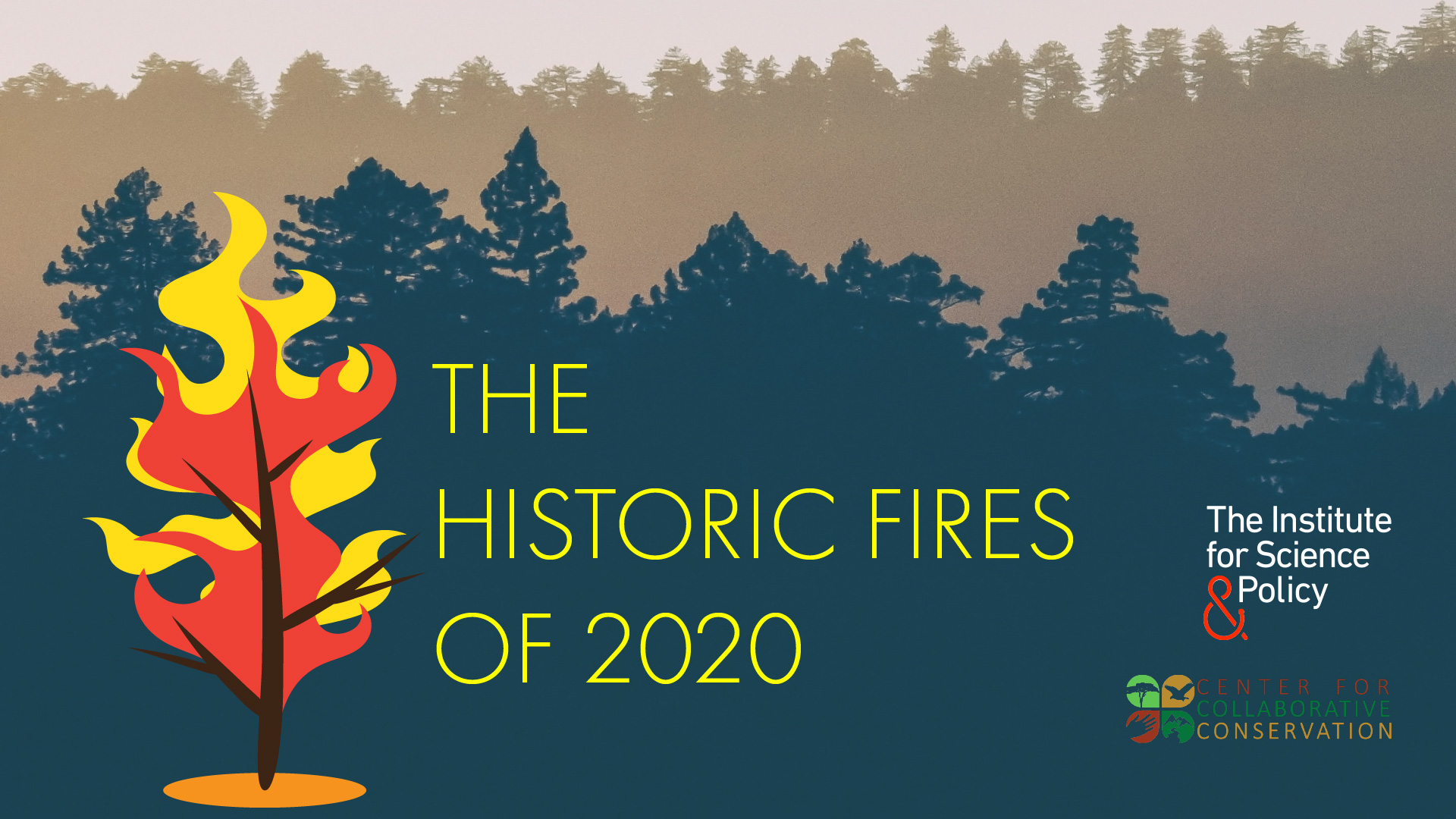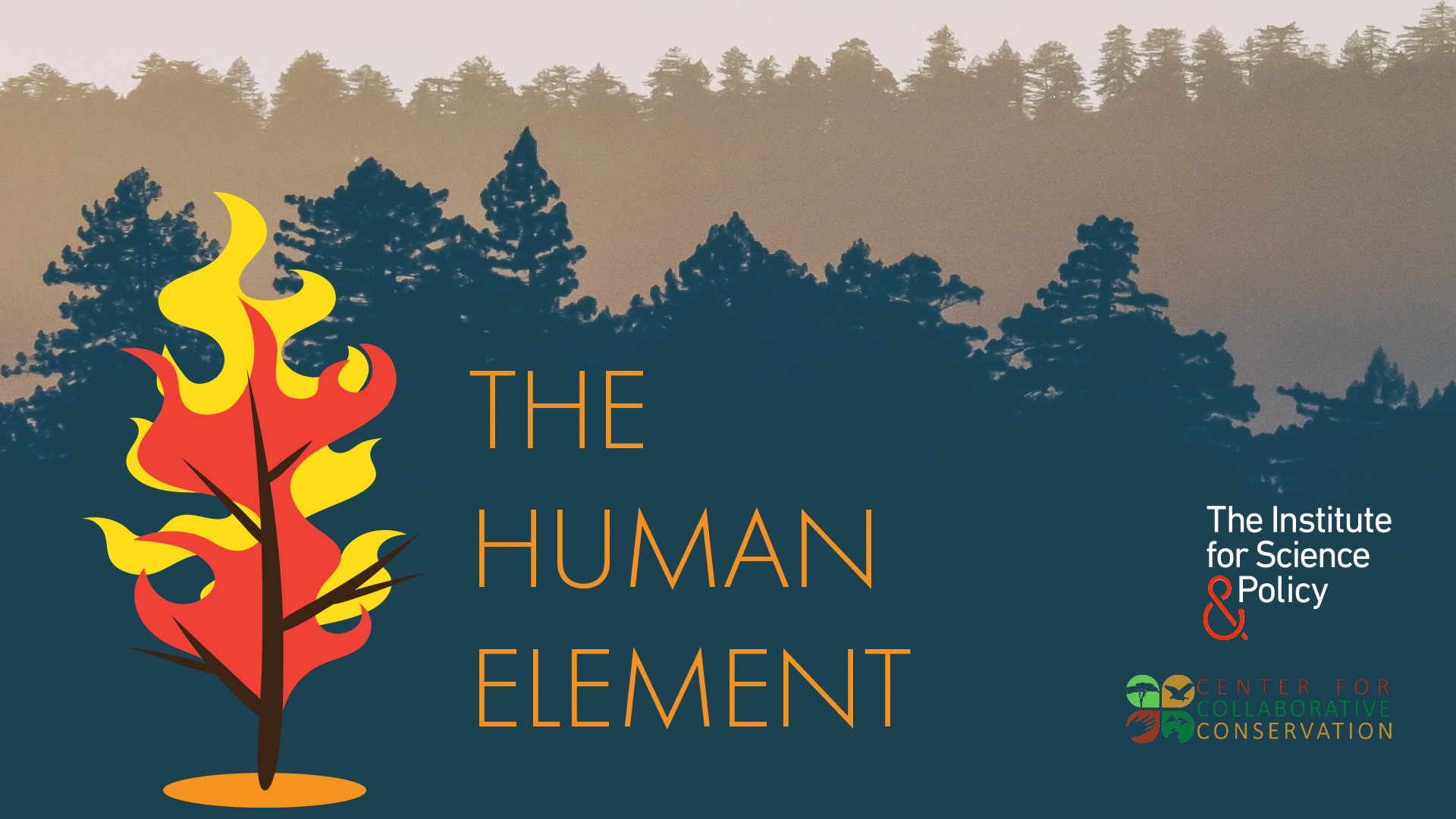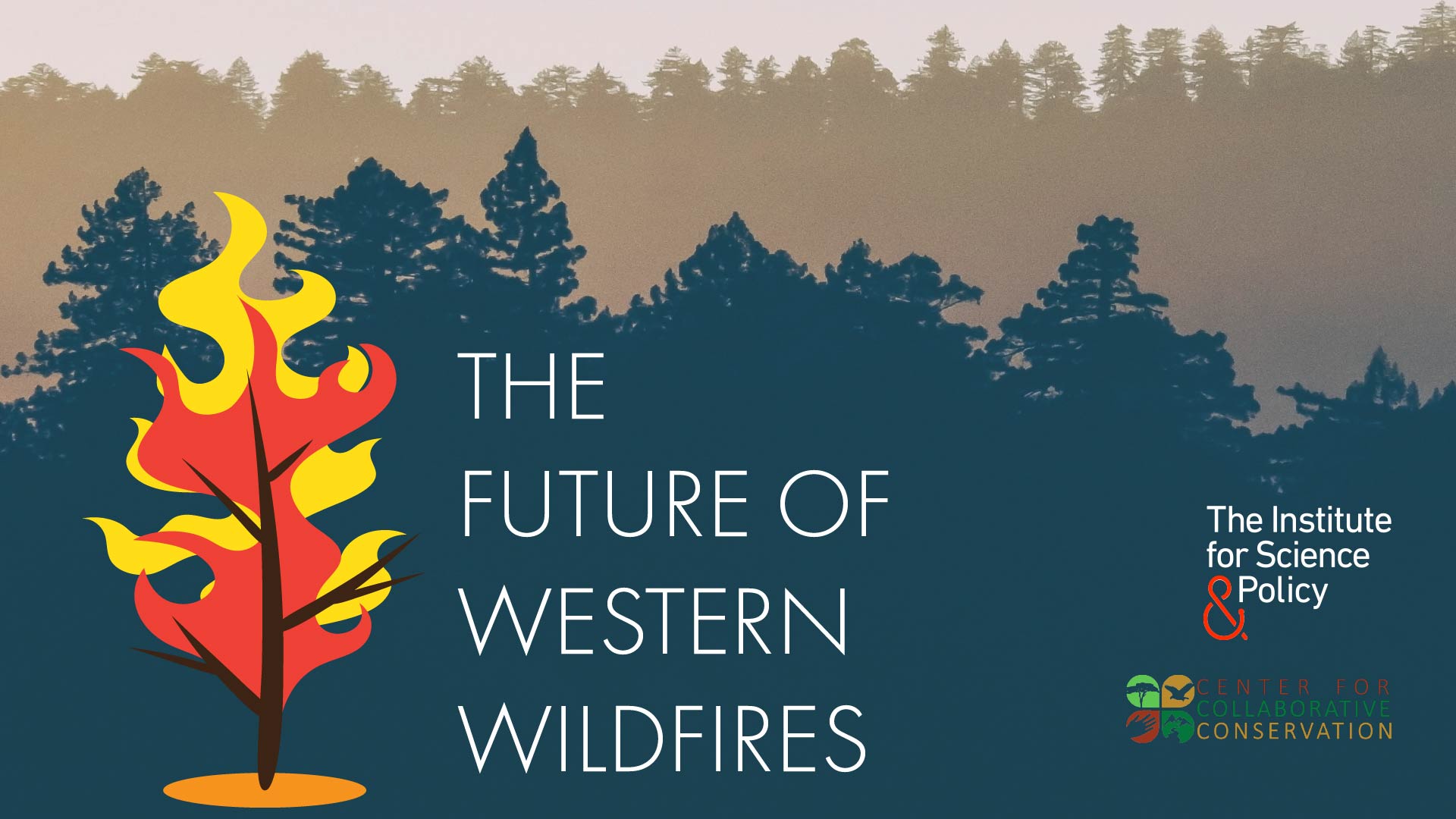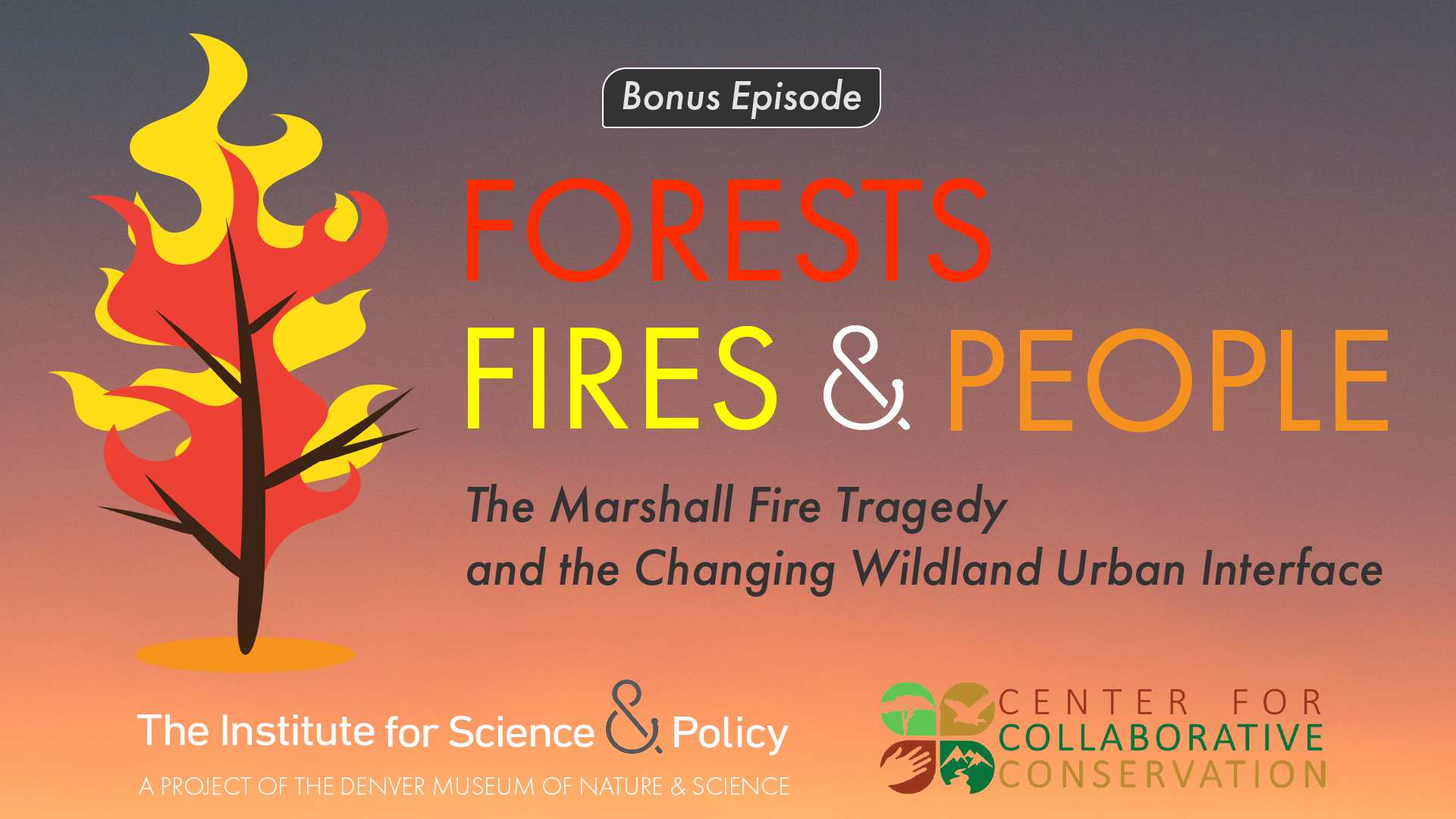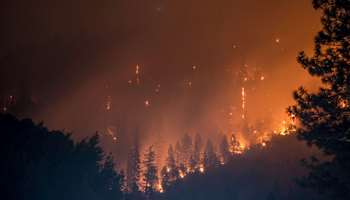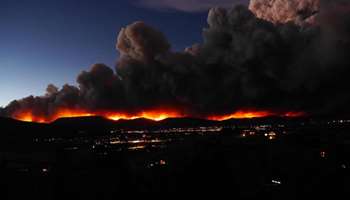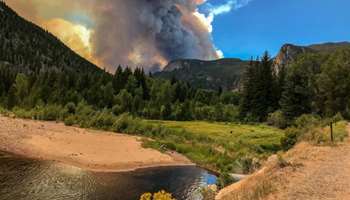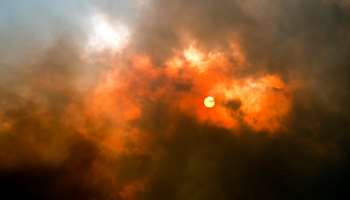Forests, Fires, and People
The western U.S. has entered a new era of destructive blazes. How can we find sustainable solutions for living with fire in the age of climate change?
With support from
Presented in partnership with
The western United States has entered a new era of wildfires, no longer limited to a distinct “season,” but rather a year-round burn regime due to hotter, drier conditions and increased human settlement in wildland areas. Forest management is a complex societal question inextricably linked to science, policy, and culture.
The reality of living with bigger, more destructive blazes brings challenging tradeoffs around regulation, jurisdiction, risk tolerance, funding, mitigation, and forest health. How can stakeholders better work together to create sustainable and equitable solutions for all? In this series, we’ll hear wide-ranging conversations from around the region around the decisions, impacts, and stewardship principles that guide our collective approach to forest management and fire. Each episode will feature diverse voices and perspectives focused on exploring potential solutions and finding common ground.
Watch All Episodes
Episode 1: Kindling & Sparks
In our premiere episode, we're joined by Tim Brown, Research Professor of Climatology at the Desert Research Institute, and Camille Stevens-Rumann, Assistant Professor of Forest & Rangeland Stewardship in Colorado State University’s Warner College of Nature Resources, to discuss the ecology of western forests, forest management, the science of fire behavior, and more.
Episode 2: The Historic Fires of 2020
Colorado’s three largest fires in recorded history all occurred in 2020, collectively burning more than 625,000 acres while damaging homes and costing lives. Jen Kovecses, Executive Director of the Coalition for Poudre River Watershed; Russ Schumacher, Colorado State Climatologist and Director of the Colorado Climate Center; and Monte Williams, Forest Supervisor for the Arapaho and Roosevelt National Forests and Pawnee National Grassland explore the root causes and consider possible paths forward.
Episode 3: The Human Element
The question of how and if humans can sustainably live in increasingly fire-prone areas is complicated and tied to cultural identity values that are often at odds. Journalist and author Heather Hansen joins Wendy Koenig, Mayor of Estes Park, and Christopher Roos, Professor of Anthropology at Southern Methodist University to talk about the changing scope of the wildland-urban interface, humanity's long relationship with fire, and the very real costs of fires for people and communities.
Episode 4: The Future of Western Wildfires
Fires are here to stay, and the complex challenge of managing western forests will require creative, multi-dimensional solutions in the years to come. How much risk is too much? In our final episode, we welcome Angela Boag, Policy Advisor on Climate Change, Forest Health and Energy for Colorado’s Department of Natural Resources; Tony Cheng, Professor in the Department of Forest & Rangeland Stewardship and Director of the Colorado Forest Restoration Institute at Colorado State University; and Ray Rasker, Co-Founder and former Executive Director of Headwaters Economics for a discussion on numerous aspects of fire management.
Episode 5: The Marshall Fire Tragedy
The 2021 Marshall Fire in Boulder County was one of the most devastating blazes in Colorado history, destroying more than a thousand homes in predominantly suburban neighborhoods. Scientists warn that fire season is fast becoming year round in the state, driven by hotter, drier conditions tied to climate change. Amidst a tragedy that has impacted so many, what should communities be thinking about in terms of future management, policy, and preparedness? And what can science tell us about a sustainable approach to living with fire in the wildland urban interface?
Transcripts

Stay in touch.
Sign up to receive The Ampersand, our monthly e-newsletter. We'll also let you know about upcoming events and content launches.
Yes, keep me up to date.

